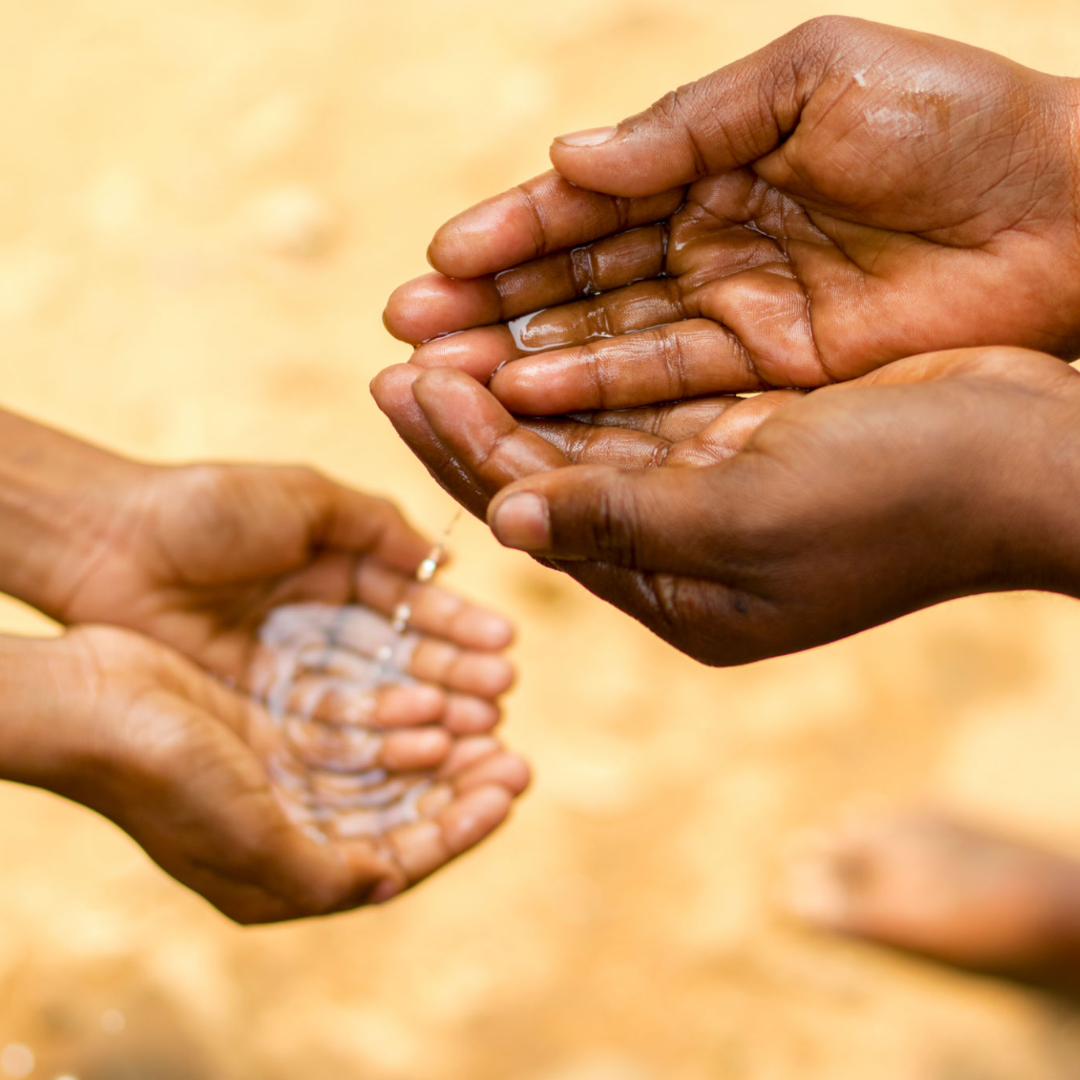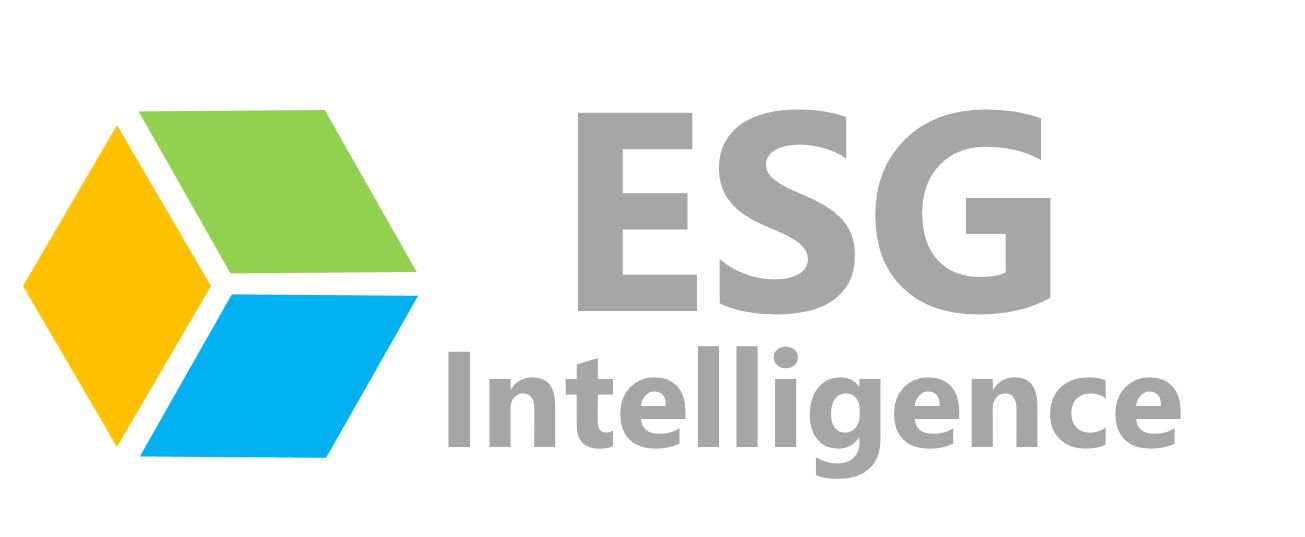
Water is a precious resource that sustains all life on Earth, and its scarcity is becoming an increasingly pressing global issue. With rising populations and the impacts of climate change, preserving freshwater resources has become more crucial than ever. To successfully address this issue, it is imperative to engage and empower youth to become an integral part of the sustainable water conservation movement. This article explores the opportunities and costs associated with reducing water usage and highlights how young people can contribute to this essential endeavor.
Opportunities for Water Conservation
Education and Awareness: One of the key opportunities lies in educating young people about the importance of water conservation and fostering awareness of sustainable practices. By providing comprehensive knowledge on water usage, its significance, and the challenges it faces, youth can develop a deep understanding of their role in safeguarding this vital resource.
Youth-Led Initiatives: Young people have proven to be catalysts for change, demonstrating creativity and innovation in addressing environmental issues. Encouraging youth-led initiatives focused on water conservation can lead to remarkable outcomes. Through research, community projects, and advocacy campaigns, young individuals can contribute fresh perspectives and ideas to drive sustainable water management.
Technology and Innovation: The youth of today are digital natives, comfortable with technology, and quick to embrace innovation. Leveraging their tech-savviness, young people can explore opportunities to develop water-saving apps, smart monitoring systems, and other digital solutions. These technological advancements can promote efficient water usage and provide real-time data for effective conservation strategies.
Youth Engagement in Policy and Decision-Making: Involving youth in water-related policy development and decision-making processes can provide a crucial perspective. By actively participating in local, national, and international platforms, young individuals can influence policies that promote water conservation, advocate for sustainable practices, and ensure that the voices of future generations are heard.
Costs of Water Conservation Measures
While the opportunities for reducing water usage are abundant, it is important to acknowledge the associated costs and challenges that might arise in implementing these measures.
Financial Constraints: Many water conservation initiatives require financial investments. Implementing efficient irrigation systems, retrofitting infrastructure, or supporting youth-led projects often involves initial costs. However, governments, organizations, and stakeholders can play a pivotal role by providing funding, grants, and resources to support youth-driven water conservation efforts.
Education and Capacity Building: Enhancing youth involvement in water conservation requires investment in education and capacity-building programs. These initiatives aim to equip young individuals with the knowledge, skills, and tools necessary to lead water conservation projects effectively. Funding such programs may be necessary to ensure widespread participation and long-term sustainability.
Collaboration and Networking: Achieving meaningful impact in water conservation often requires collaboration and networking among diverse stakeholders. Youth may face challenges in building partnerships, engaging with policymakers, or accessing resources and mentorship. Facilitating platforms for collaboration and establishing mentorship programs can help address these obstacles and enhance youth engagement.
Overcoming Apathy and Resistance: Encouraging youth involvement in water conservation can face resistance from societal norms or apathy towards environmental issues. It is crucial to empower young individuals by providing platforms for expression, raising awareness, and fostering a sense of responsibility toward water conservation. Engaging youth through education, storytelling, and interactive campaigns can help overcome these barriers.
Youth as an Integral Part of a Sustainable Approach
Advocacy and Awareness: Youth possess the power to raise awareness about water conservation within their communities, schools, and social networks. By becoming advocates for sustainable practices, they can inspire behavioral change, encourage responsible water usage, and promote the importance of conserving this finite resource.
Grassroots Initiatives: Young people can initiate grassroots projects that focus on water conservation, such as organizing community clean-up drives, establishing local recycling programs, or implementing rainwater harvesting systems. These initiatives not only directly contribute to water conservation but also foster a sense of ownership and empowerment among young individuals.
Education and Peer-to-Peer Learning: Young people can actively engage in educating their peers about water conservation. By organizing workshops, seminars, and awareness campaigns within schools and universities, they can create a ripple effect of knowledge and inspire a generation that understands the importance of responsible water usage.
Collaboration and Innovation: Youth can collaborate with professionals, organizations, and experts in the field of water conservation to develop innovative solutions. By harnessing their creativity and technical skills, young individuals can contribute to the development of sustainable technologies, educational resources, and community-based projects.
Water conservation is a critical global challenge that necessitates the active involvement of all segments of society. Empowering youth to become an integral part of the sustainable approach to reducing water usage is vital. By leveraging their energy, creativity, and technological acumen, young individuals can bring fresh perspectives, innovative ideas, and a deep commitment to conserving water resources. Governments, organizations, and communities must invest in youth education, engagement, and capacity-building programs to ensure that young people are equipped with the tools and support necessary to lead the way toward a sustainable water future. Together, we can forge a path of collective action, where youth play a central role in addressing the global water crisis and fostering a more resilient and water-conscious society.
Case Study of the Day
We publish a new case study about emerging technologies driving sustainability use cases. Check out today's cases study and take a quick quiz to test your learning.
ESG Intelligence Platform
Check out the industry case studies related to ESG themes and see what the industry is doing to address this issue using technology.
